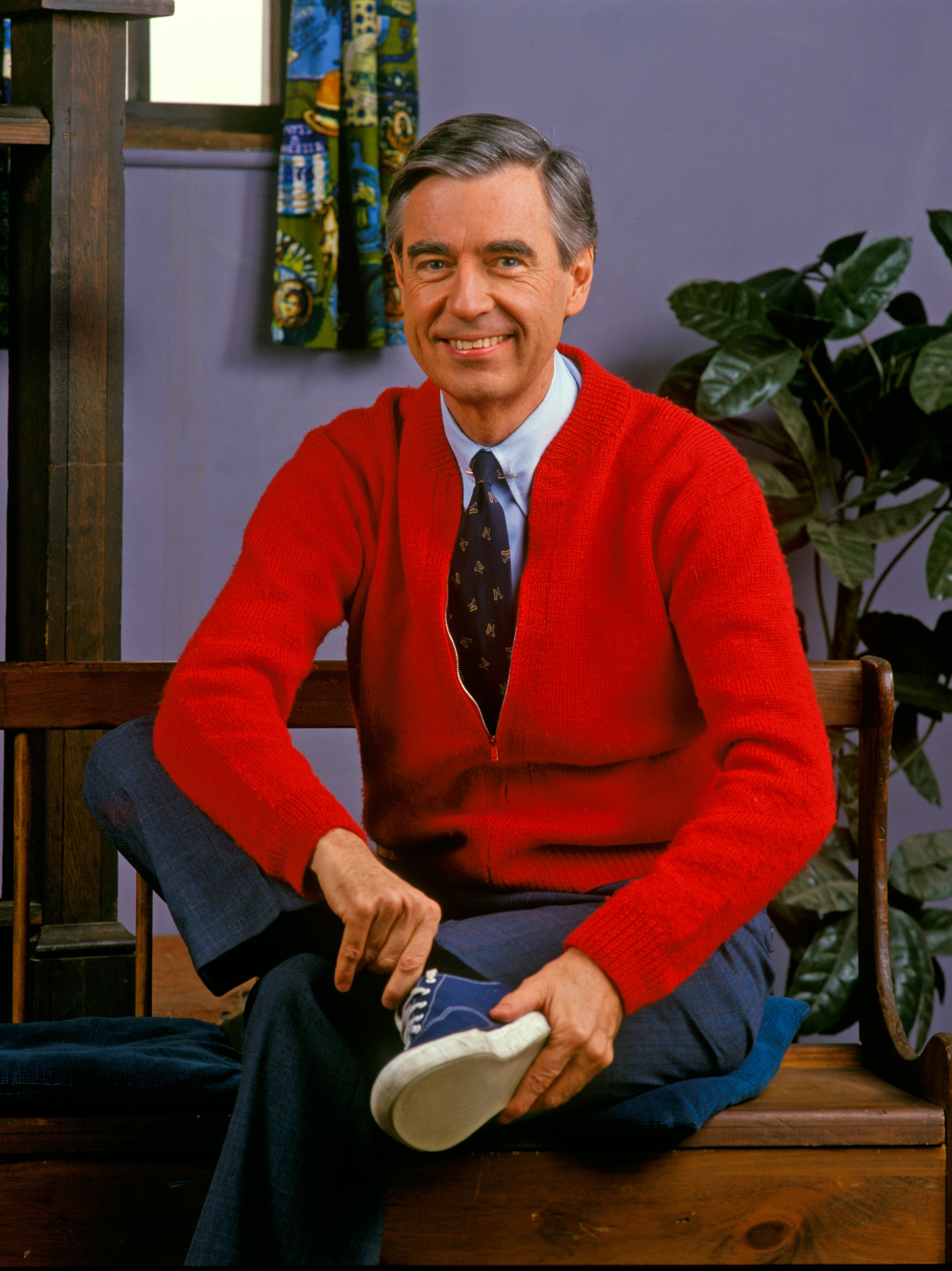Public Broadcasting Service (PBS) is a nonprofit public television network in the United States. It distributes a variety of cultural, educational, and news programs to more than 350 member stations serving the United States and its territories.

PBS was created in 1969 by the Corporation for Public Broadcasting, a private organization funded mainly by the federal government. PBS began broadcasting in 1970, taking over many of the functions of the National Educational Television network.

Notable long-running PBS programs have included the educational children’s programs “Sesame Street” and “Mister Rogers’ Neighborhood”; the public affairs programs “PBS NewsHour” (formerly “The NewsHour with Jim Lehrer,” “The MacNeil/Lehrer Report,” and “The MacNeil/Lehrer NewsHour”) and “Frontline”; the drama series “Masterpiece” (formerly “Masterpiece Theatre”); the “NOVA” science series; and acclaimed documentaries on American life and social history by filmmaker Ken Burns.
PBS has launched specialized programming or separate channels in partnership with other media companies. These include PBS Kids and PBS Kids Go! and their related websites and PBS World, which features history, documentary, and current affairs programs.
PBS’s operations are partially funded by the Corporation for Public Broadcasting. In addition, PBS receives revenue from foundations, corporations, and private citizens. Unlike the commercial television networks, PBS does not carry advertising.
